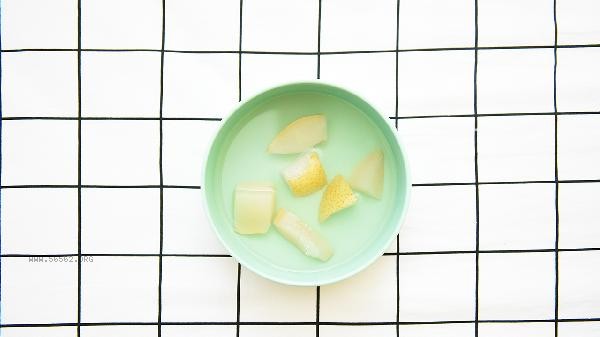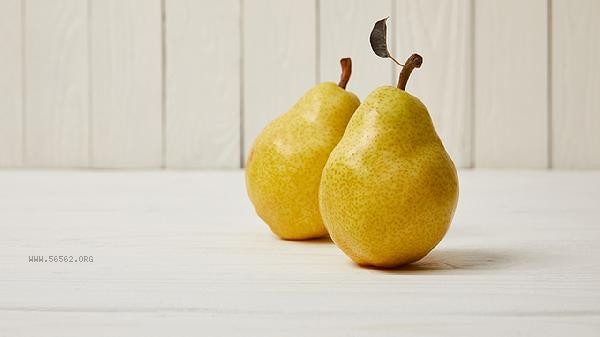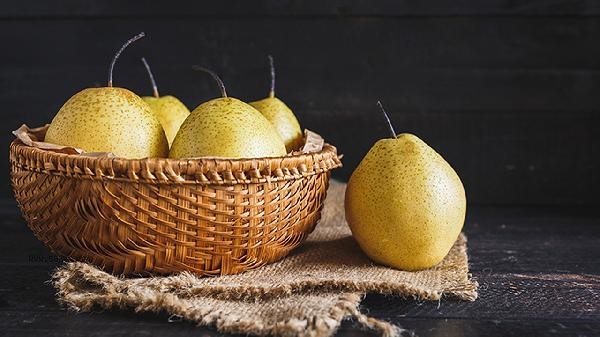The rustling of pear flesh does not necessarily indicate spoilage, it may be due to excessive maturity or variety characteristics. To determine whether it has deteriorated, a comprehensive evaluation should be conducted based on odor, color, and texture.

Pear flesh presents a rustling texture, which is commonly found in mature fruits, especially some varieties such as crisp pears and Korla fragrant pears, where the flesh cells naturally separate and form a granular texture during the ripening process. This type of pear is usually accompanied by a strong sweet aroma, with a uniform color of the skin without brown spots, and no obvious discoloration or exudation of the flesh after cutting. If the rustling texture is accompanied by blackening of the fruit flesh, alcohol taste or mold spots, it may cause fermentation or mold growth due to improper storage. At this time, the dietary fiber and sugar in the fruit flesh have been decomposed by microorganisms and are not suitable for consumption. Some pear varieties such as Snow Pear and Yali Pear may also produce a sand like texture due to low temperature damage to cell structure after refrigeration, but if the flesh becomes transparent and the skin becomes sticky and slippery at the same time, it indicates that it has rotted. If the rustling texture is limited to the area around the fruit nucleus, it may be caused by the aggregation of stone cells around the pear seeds, which is a normal phenomenon. When purchasing, you can lightly press the pear stem area. Fresh pear stems are green and not easy to fall off, while spoiled pear stems turn black and shrink. When storing, avoid humid environments. Unscented intact pears can maintain their freshness for a long time in a cool and ventilated place.

When selecting pears in daily life, it is recommended to prioritize fruits with moderate hardness and undamaged skin. It is recommended to consume pears with high maturity as soon as possible. If abnormal discoloration, odor or mold spots are found in the flesh, it should be discarded immediately to avoid ingestion. Moderate consumption of fresh pears can help supplement vitamin C and dietary fiber, but spoiled fruits may cause gastrointestinal discomfort. When storing, be careful to separate them from other fruits to prevent cross contamination.










Comments (0)
Leave a Comment
No comments yet
Be the first to share your thoughts!